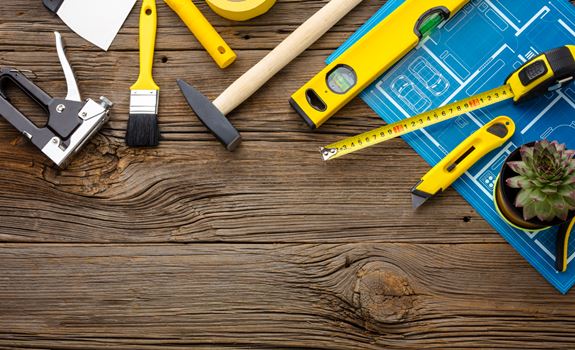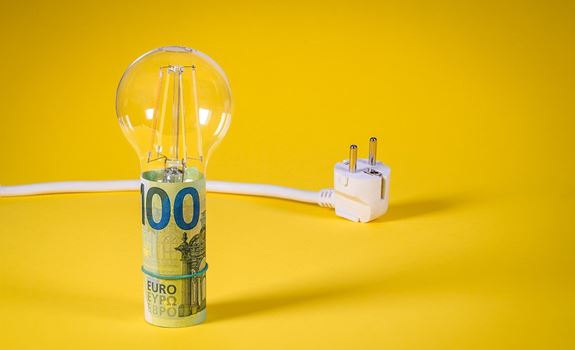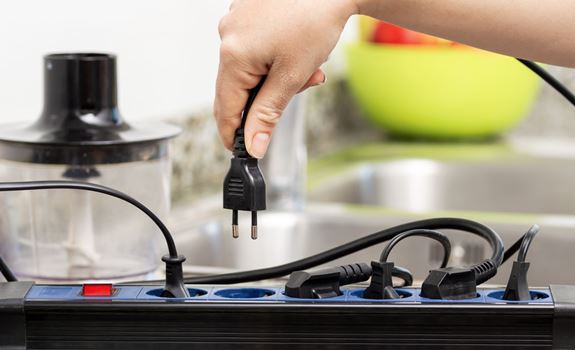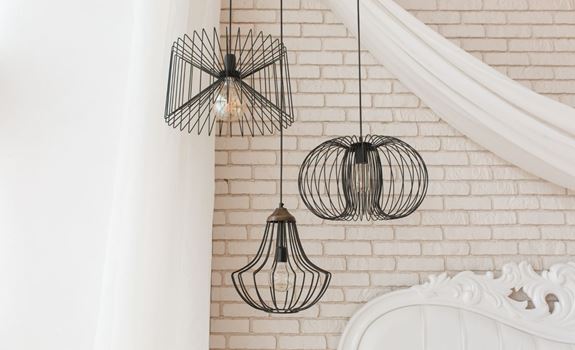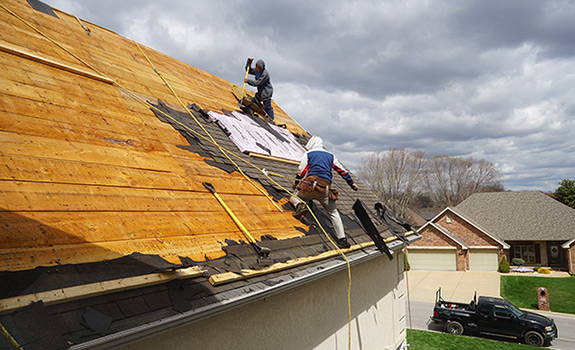Would you like to make your home more energy-efficient? Insulation is essential to any practical home energy-saving project, and the proper insulation can help reduce heating and cooling bills.
When deciding between a DIY approach or hiring a professional installer to put in insulation, many factors should be considered, such as cost, ease of installation, expected results, and safety. In this guide, we’ll compare DIY vs professional installation for thermal efficiency so that you can find the best solution for your situation.
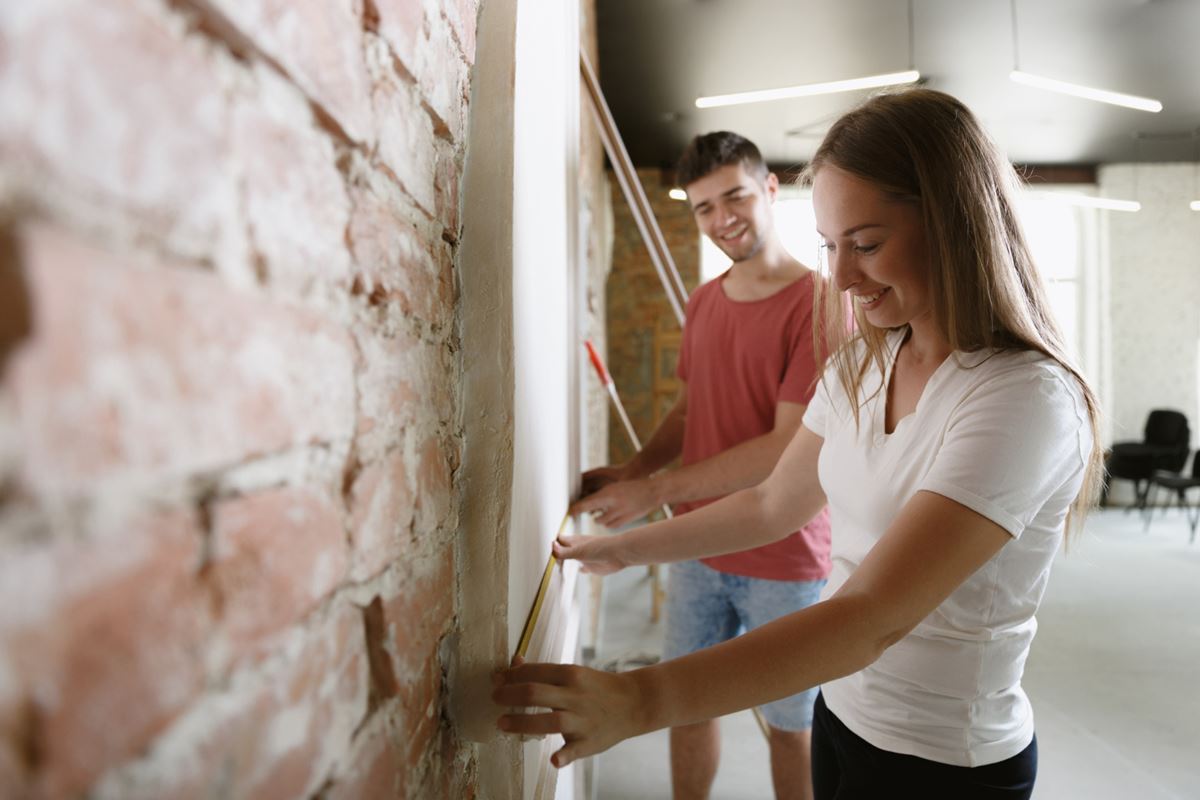
Why Insulate Your Home?
Insulation is a crucial component of any home’s energy efficiency. It works by limiting the transfer of heat between the inside and outside of your home, keeping it warmer in the winter and cooler in the summer. This can lead to significant savings on your heating and cooling bills and make your home more comfortable year-round.
In addition to saving money on utility bills, proper insulation can also improve your home’s overall energy efficiency and sustainability. Reducing your household’s energy consumption can help lower your carbon footprint and contribute to a healthier environment.
Benefits of Home Insulation
- Energy Savings: A well-insulated home requires less energy to heat and cool, leading to significant savings on your utility bills.
- Comfort: Insulation helps maintain a consistent temperature throughout your home, ensuring a comfortable living environment all year round.
- Reduced Carbon Footprint: By reducing the amount of energy your home uses, insulation can help to decrease your carbon emissions and contribute to a healthier environment.
- Prevent Moisture Damage: Proper insulation can also prevent condensation on walls and ceilings, which can lead to mold growth and structural damage over time.
- Noise Reduction: Insulation acts as a sound barrier, reducing the level of noise from outside and between different rooms and floors within the home.
DIY Insulation
Many homeowners opt for a DIY approach when it comes to installing insulation in their homes. This is often seen as a more cost-effective solution, as professional installation can be quite expensive. However, there are a few factors to consider before taking on a DIY insulation project.
Firstly, do you have the necessary knowledge and skills to properly install insulation? While it may seem like a straightforward task, there are certain techniques and safety precautions that should be followed when handling insulation materials. Improper installation can lead to gaps or compressed areas in the insulation, which can greatly reduce its effectiveness.
Another consideration is the time and effort required for a DIY insulation project. Depending on the size of your home and the type of insulation being installed, it can be a time-consuming and physically demanding task. This may not be feasible for individuals with busy schedules or physical limitations.
Professional Insulation
On the other hand, professional installation offers a hassle-free and efficient solution for insulating your home. Experienced installers have the knowledge, skills, and equipment necessary to properly install insulation in all areas of your home. They also have access to high-quality materials and can ensure that every inch of your home is effectively insulated.
Professional installation also comes with a warranty or guarantee, providing peace of mind knowing that the installer will address any issues. This can save you time, money, and frustration in the long run.
Moreover, professional installers are trained to handle insulation materials safely, reducing the risk of exposure to harmful substances. They also have the necessary equipment and safety gear to protect themselves during installation. Click here to schedule a free consultation with a professional insulation company and find out more about their services and pricing.
Conclusion
In conclusion, both DIY and professional insulation have their advantages and disadvantages. While DIY installation may seem like a more cost-effective option, it is important to consider the potential risks and the overall effectiveness of the insulation.
Professional installation offers convenience, expertise, and long-term benefits that can ultimately save you time and money in the future. Ultimately, the best solution for your home will depend on your budget, skills, and personal preferences. But no matter your choice, properly insulating your home is a step towards a more energy-efficient and comfortable living space.
Published in: Home advice | Author: Lynn



